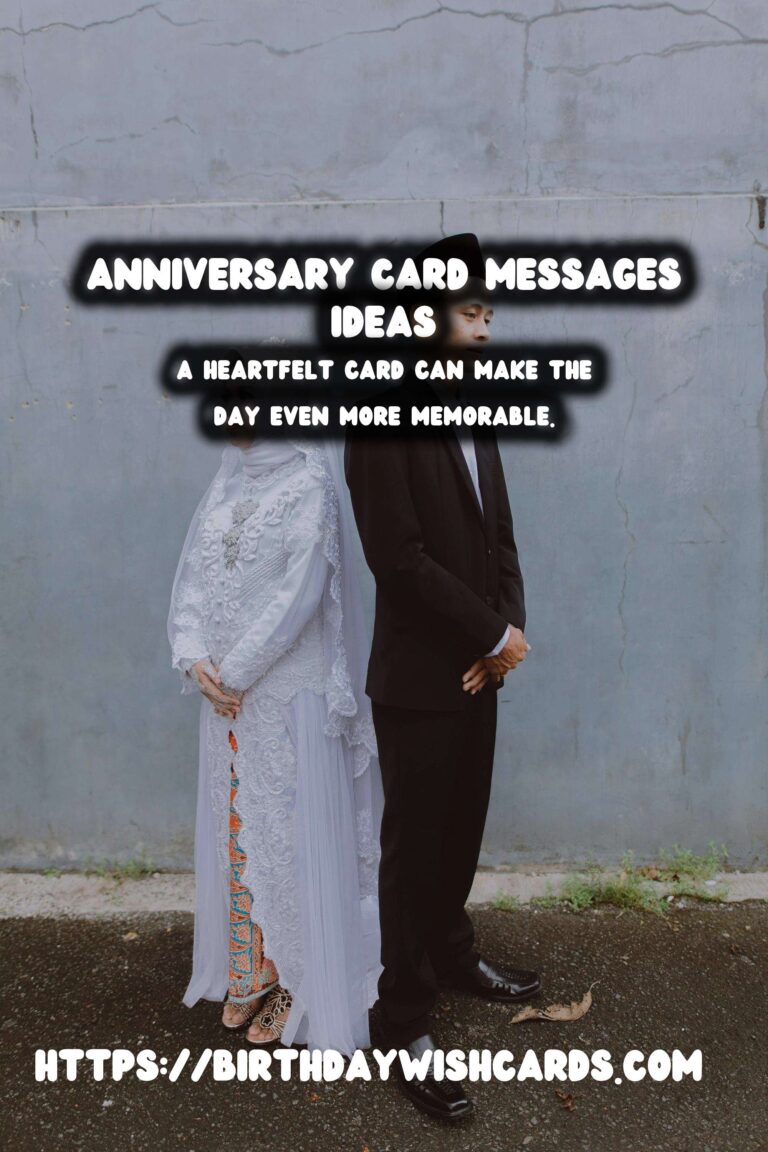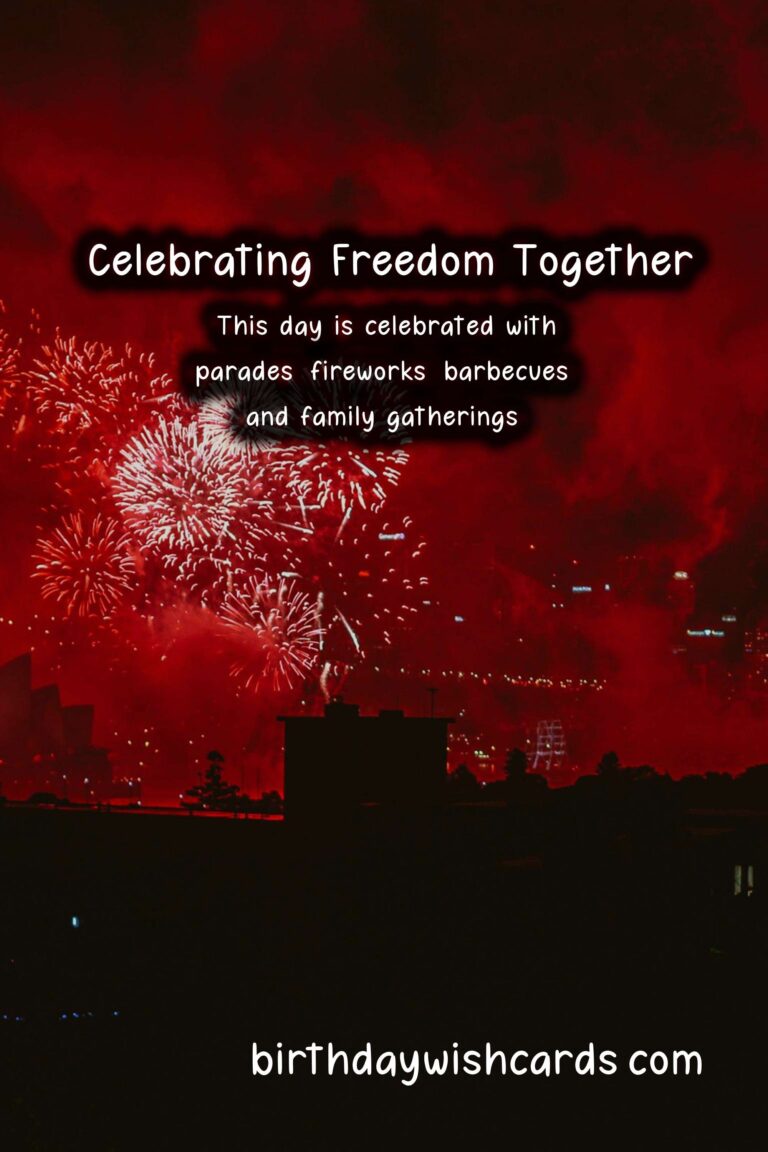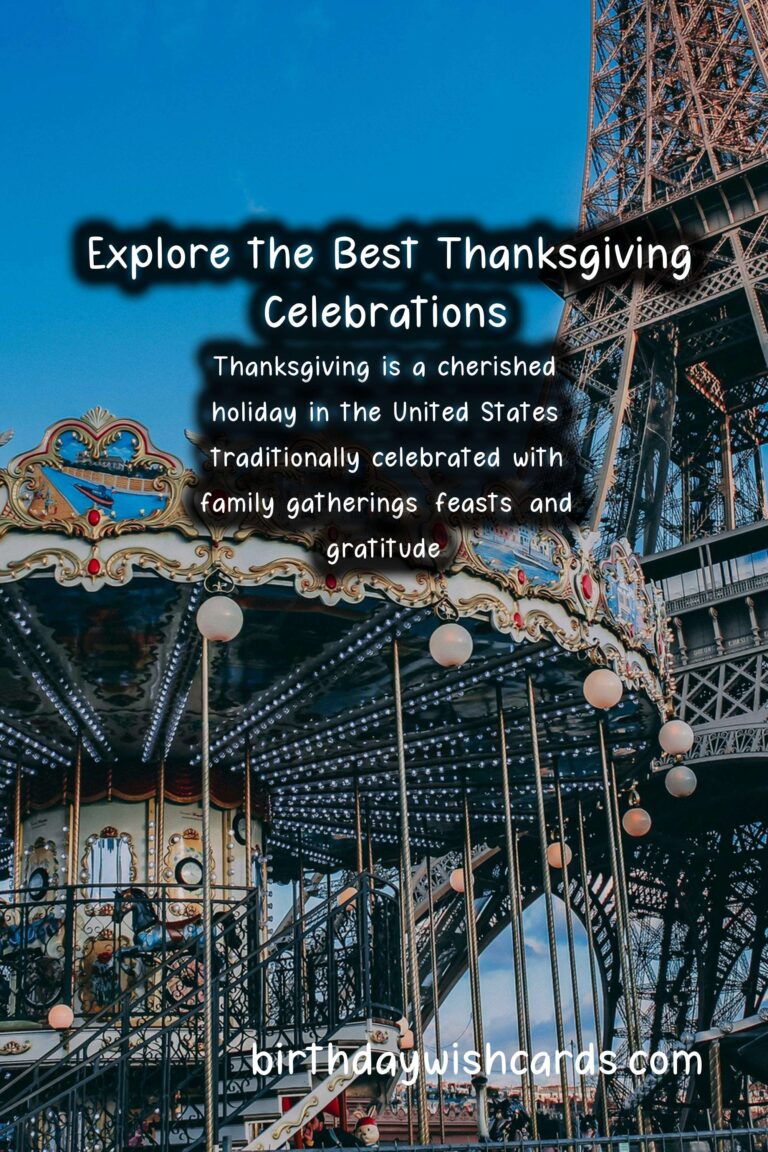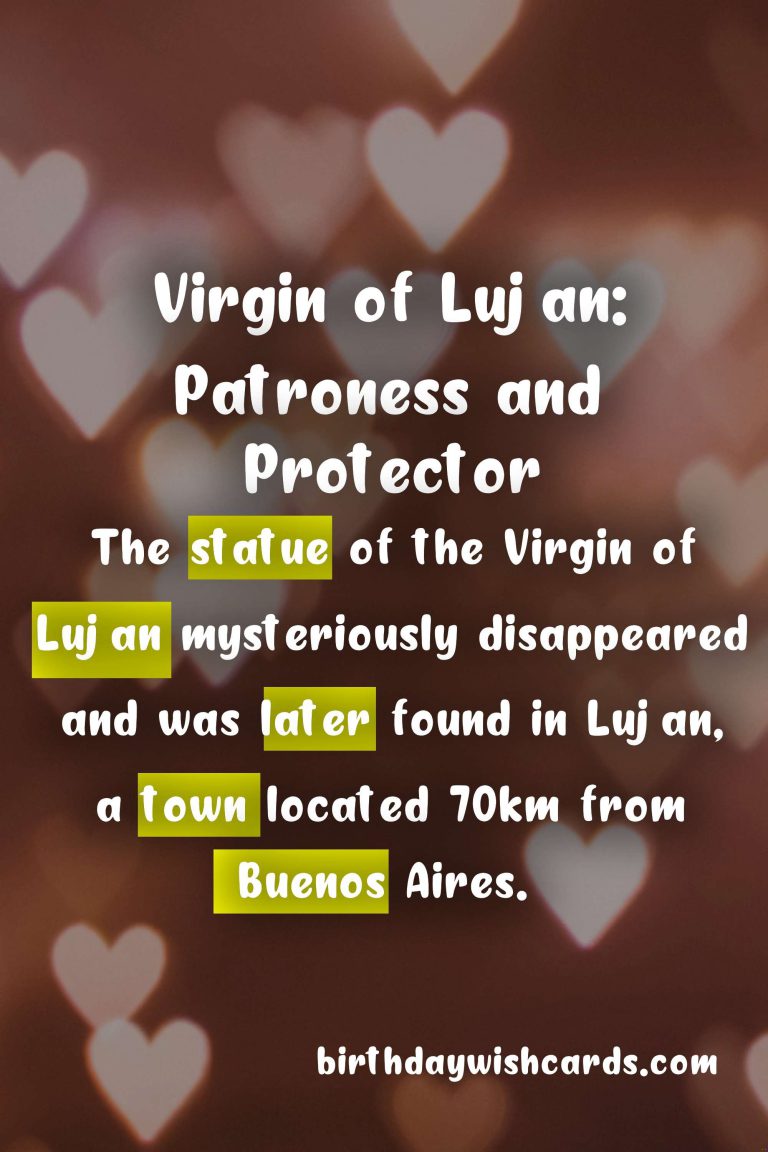Fascinating Facts About Diwali
Fascinating Facts About Diwali
Diwali, also known as the Festival of Lights, is one of the most celebrated festivals in India and among Indians around the world. It signifies the victory of light over darkness and good over evil. The festival typically lasts for five days and involves a myriad of customs, traditions, and rituals. In this article, we will explore some fascinating facts about Diwali that make this festival unique and special.
1. The Significance of Diwali
Diwali holds different meanings across various cultures in India. For Hindus, it commemorates the return of Lord Rama to Ayodhya after defeating the demon king Ravana. For Jains, it marks Lord Mahavira’s attainment of nirvana, while Sikhs celebrate the release of Guru Hargobind Ji from imprisonment.
2. The Story Behind Diwali
The story of Diwali is deeply rooted in several ancient texts. The most well-known tale comes from the epic Ramayana, where Lord Rama, accompanied by his wife Sita and brother Lakshmana, returns to their kingdom after a 14-year exile, during which he fought Ravana.
3. The Different Days of Diwali
Diwali is celebrated over five days, each with its own significance:
- Day 1 – Dhanteras: This day marks the beginning of Diwali and is dedicated to honoring wealth and prosperity.
- Day 2 – Naraka Chaturdashi: Also known as Choti Diwali, this day commemorates the defeat of the demon Narakasura.
- Day 3 – Diwali: The main day of Diwali when families perform Lakshmi Puja to welcome the goddess of wealth.
- Day 4 – Govardhan Puja: This day celebrates Lord Krishna’s lifting of the Govardhan Hill.
- Day 5 – Bhai Dooj: This day is dedicated to the bond between brothers and sisters.
4. The Importance of Lights
Lighting diyas (oil lamps) is one of the central traditions of Diwali. These lights symbolize the removal of darkness and ignorance. Homes are adorned with strings of lights, creating a festive atmosphere. In some regions, people also use fireworks to celebrate this joyous occasion.
5. Sweets and Treats
No Diwali celebration is complete without delicious sweets. Different regions have their own specialty sweets, such as gulab jamun, barfi, and laddoos. Families often share these sweets with neighbors and friends as a gesture of goodwill.
6. The Global Celebration
Diwali is not just celebrated in India; it is recognized in various countries such as Nepal, Bangladesh, Singapore, and Malaysia. Major cities around the world hold Diwali festivals, showcasing cultural performances and food stalls.
7. Eco-Friendly Diwali
In recent years, there has been a push for eco-friendly celebrations of Diwali, promoting the use of biodegradable materials for decorations and reducing noise pollution from fireworks. Many people now choose to celebrate with sustainable practices while still enjoying the spirit of the festival.
8. The Role of Rangoli
Creating rangoli is a common tradition during Diwali. It involves making intricate designs on the floor with colored powders, rice, or flowers. These beautiful artworks are meant to invite prosperity and good luck into the home.
9. Shopping Frenzy
As Diwali approaches, shopping becomes a significant part of the festivities. Many people buy new clothes, gifts, and home decor, taking advantage of sales and discounts. This shopping frenzy reflects the festival’s spirit of giving and renewing one’s self.
10. A Time for Reflection
Beyond the lights and festivities, Diwali is also a time for personal reflection and growth. Many individuals use this occasion to resolve differences, seek forgiveness, and plan for a prosperous year ahead.
Conclusion
Diwali is a festival rich in history, culture, and significance. It connects people across the globe, showcasing the beauty of diversity in traditions. Whether you’re lighting diyas, sharing sweets, or participating in prayers, the essence of Diwali lies in spreading joy and celebrating togetherness.
Diwali is also known as the Festival of Lights.
The festival signifies the victory of light over darkness.
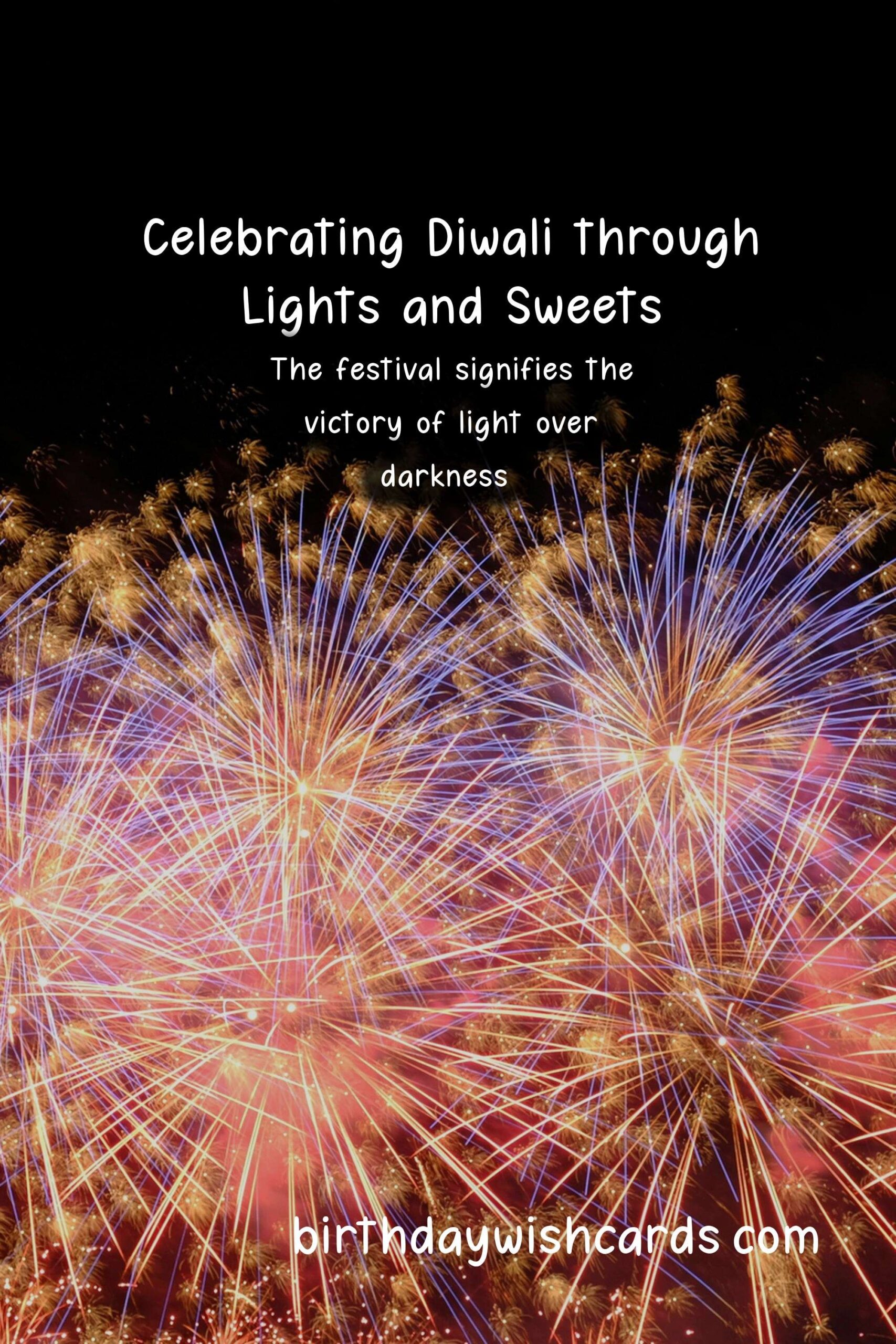

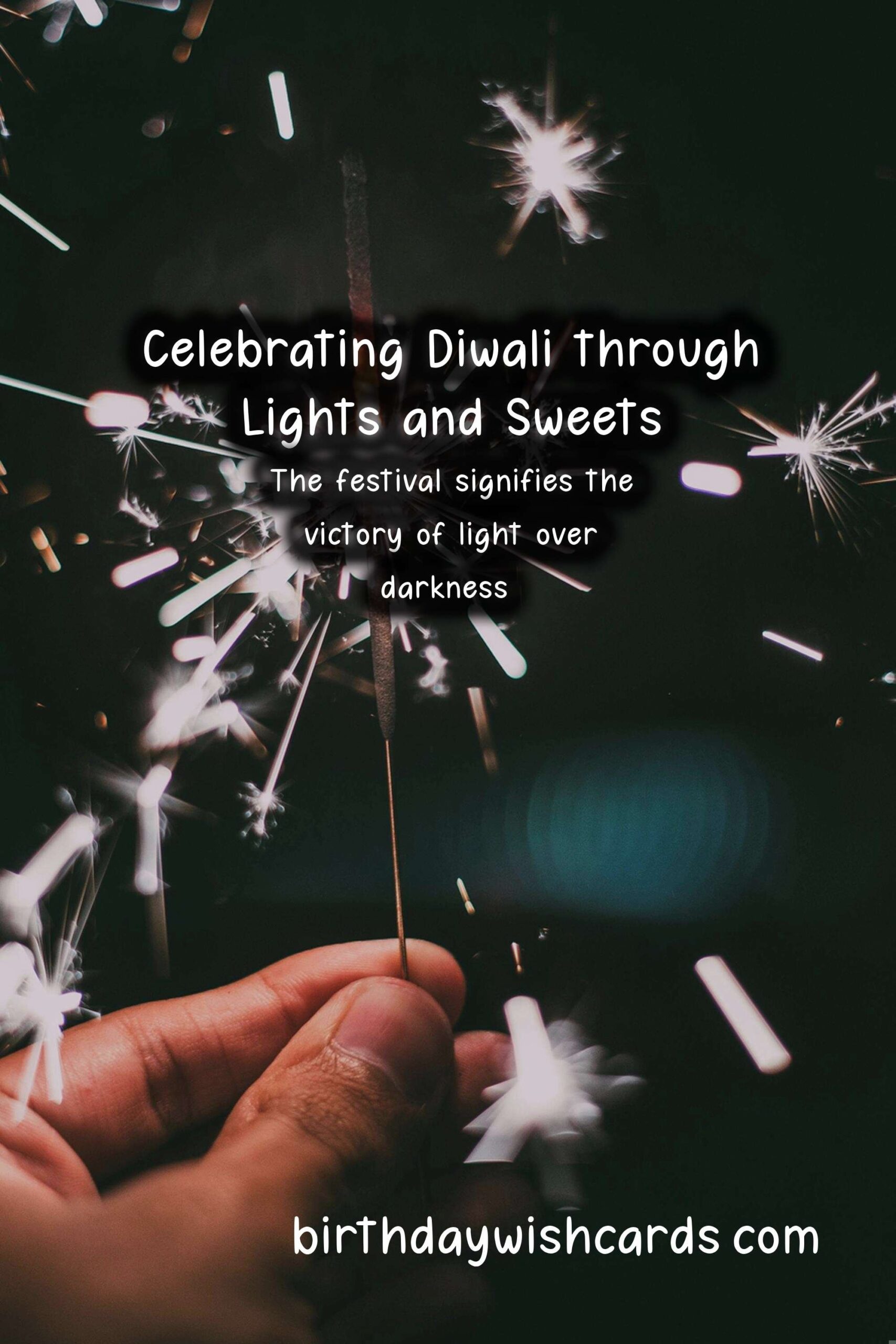







#Diwali #FestivalOfLights


